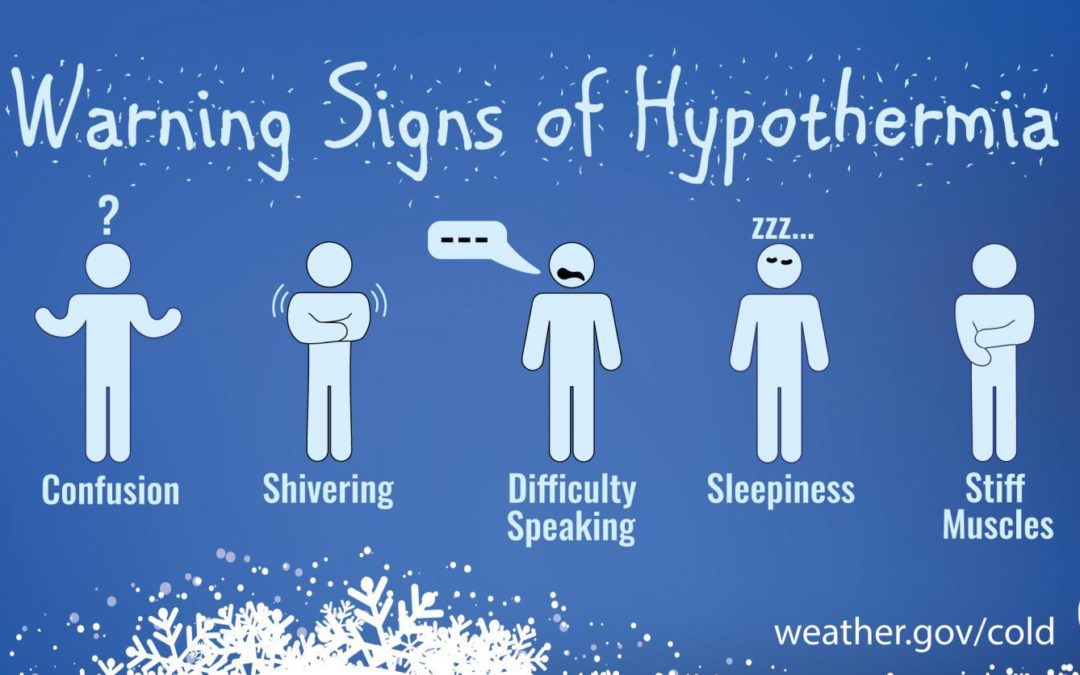Recognizing Hypothermia: A Public Health Concern
Hypothermia is a severe condition in which the body temperature drops below 35°C (95°F). Recognizing the symptoms is critical, as they can be life-threatening if not immediately treated. Understanding these signs, particularly during colder months, ensures the safety and well-being of our community.
Understanding Hypothermia
Hypothermia develops when the body loses heat faster than it can produce it, leading to dangerously low body temperatures. While exposure to freezing conditions increases the risk, it can also occur in milder temperatures if the body chills. Individuals at risk are those engaging in outdoor activities in cold weather without proper gear and elderly people.
Signs and Symptoms
Symptoms vary depending on the severity of the condition. Here is a detailed list of common symptoms:
- Mild:
- Shivering, often uncontrollable
- Fast breathing
- Tiredness
- Confusion and memory loss
- Slurred speech
- Moderate:
- Increased confusion
- Sleepiness or low energy
- Slow, shallow breathing
- Weak pulse
- Loss of consciousness
- Severe:
- No breathing
- Weak, irregular pulse, or no pulse
- Dilated pupils
- Stiffness in the arms or legs
- Low energy
What To Do If You Recognize the Symptoms
If you recognize these symptoms, gently warm the individual and seek medical help.
Here’s what you should do:
- Move the person indoors or somewhere warm, if possible.
- Remove any wet clothes and replace them with dry ones. Cover them with blankets.
- Seek immediate medical attention.
- If the person is unconscious, check their airway and circulation. If necessary, begin CPR while you wait for help to arrive.
Preventing Hypothermia
Prevention is crucial, especially during the colder months or when participating in outdoor activities. Here are some tips:
- Dress in layers and stay dry. Wetness drastically increases the chances of hypothermia.
- Take frequent breaks in warm locations to rest if you’re engaged in outdoor activities.
- Know your limits. Fatigue and exhaustion increase your risk.
- Eat and drink enough. Your body needs fuel to produce heat.
- Always be cautious and smart regarding the weather conditions and forecasts.
Knowledge is Power: Recognizing Hypothermia Symptoms Can Save Lives
The ability to recognize hypothermia symptoms can mean the difference between life and death. Being informed, prepared, and responsive is essential. Share this information with friends and family – it might save a life.

